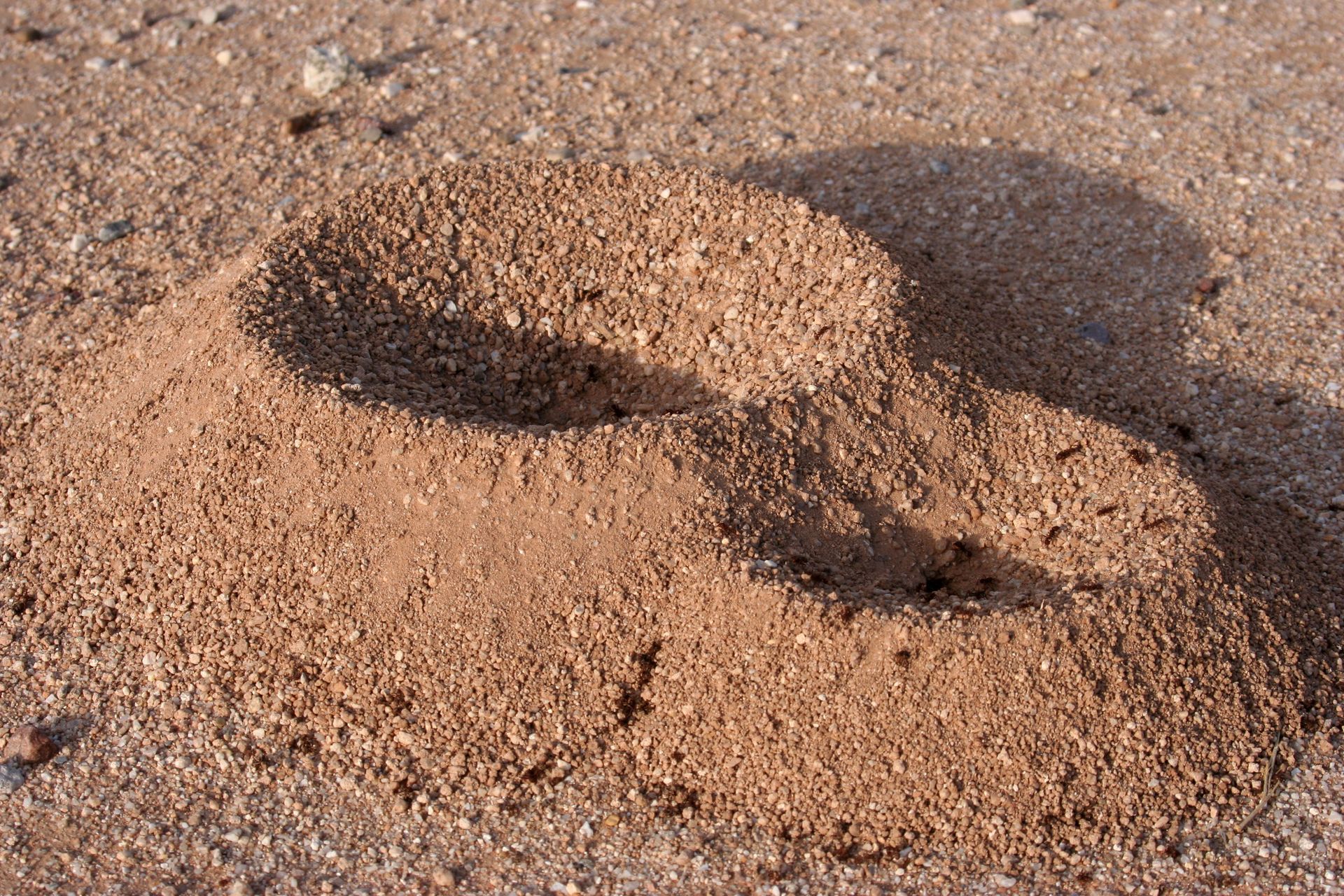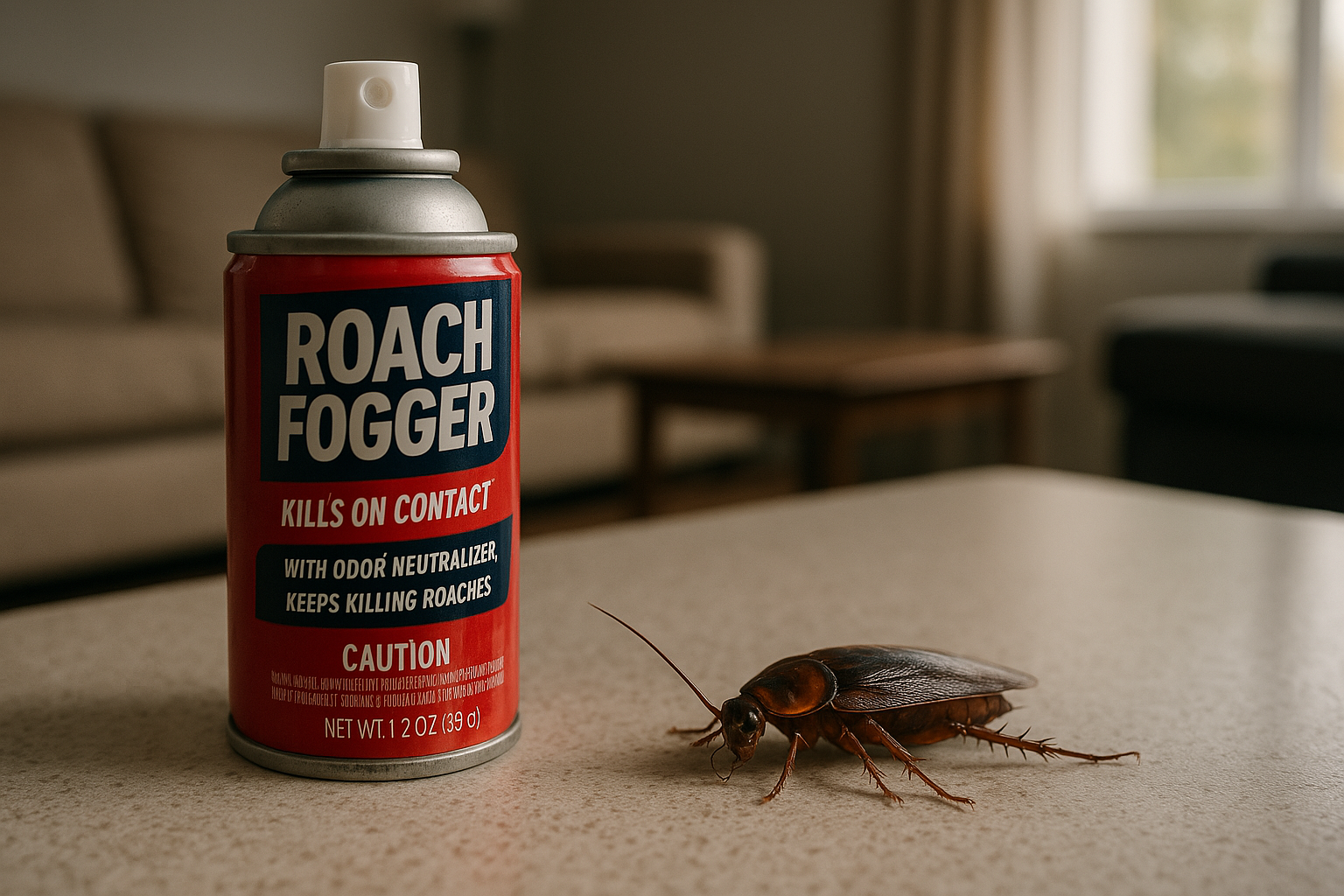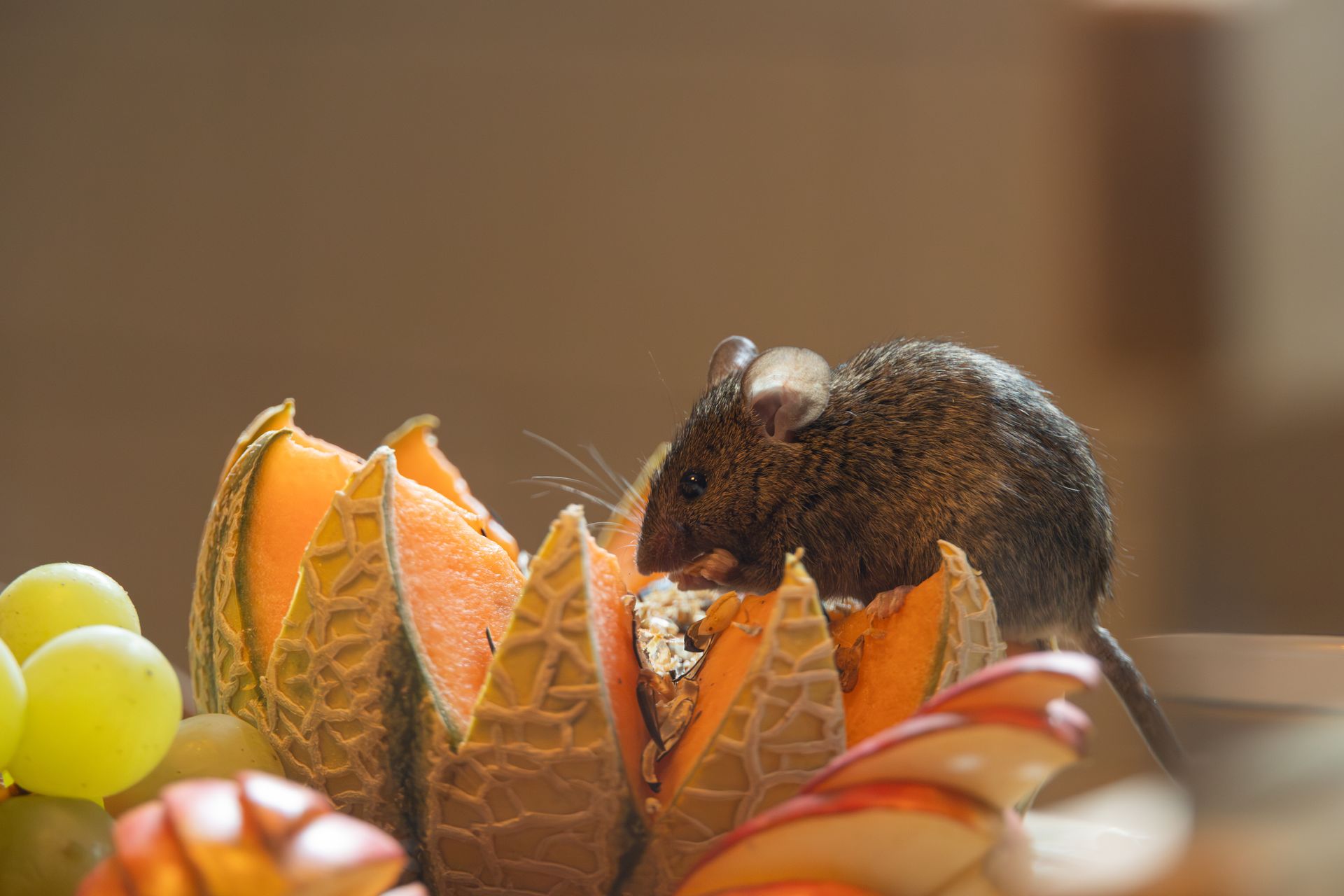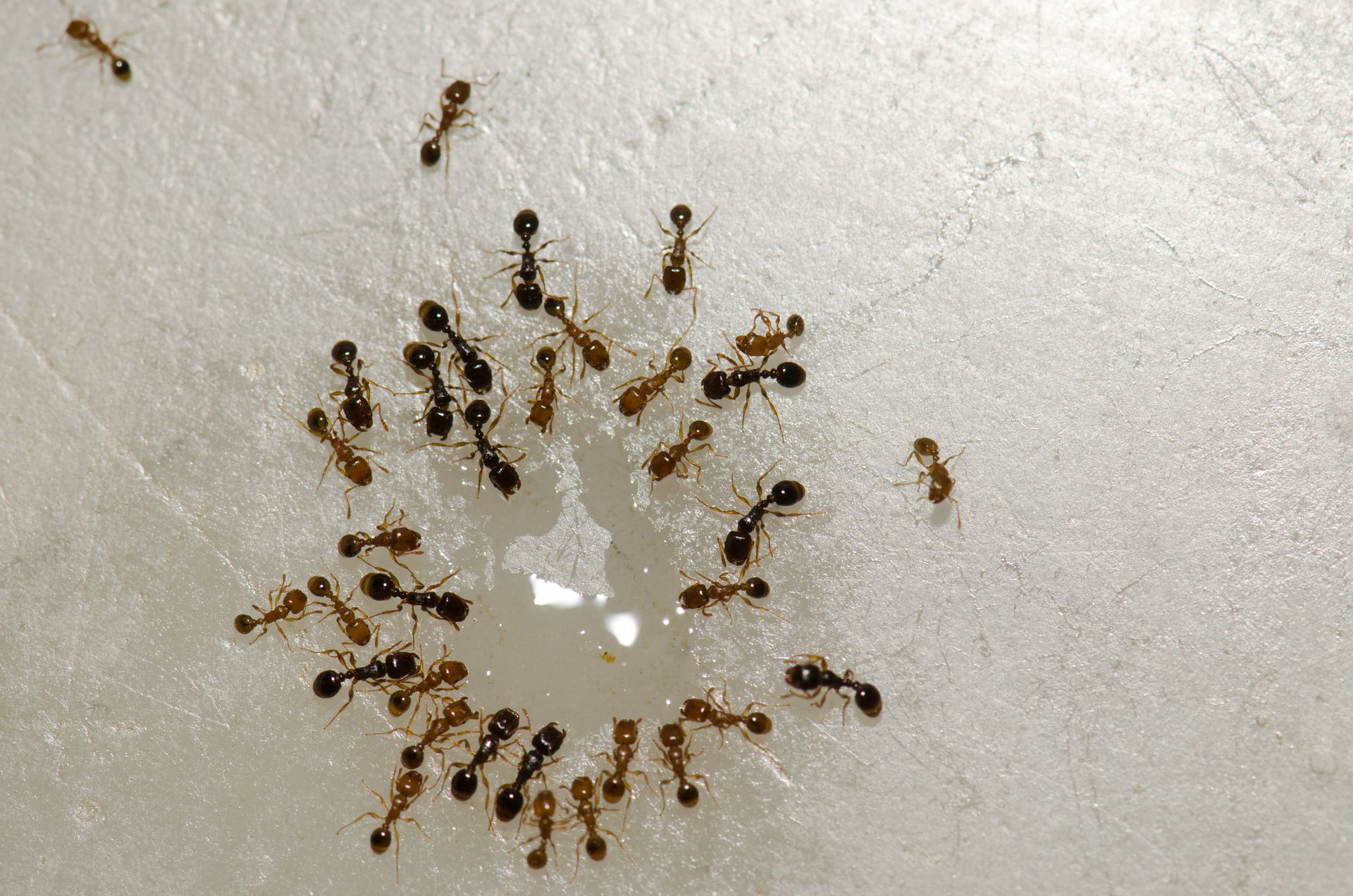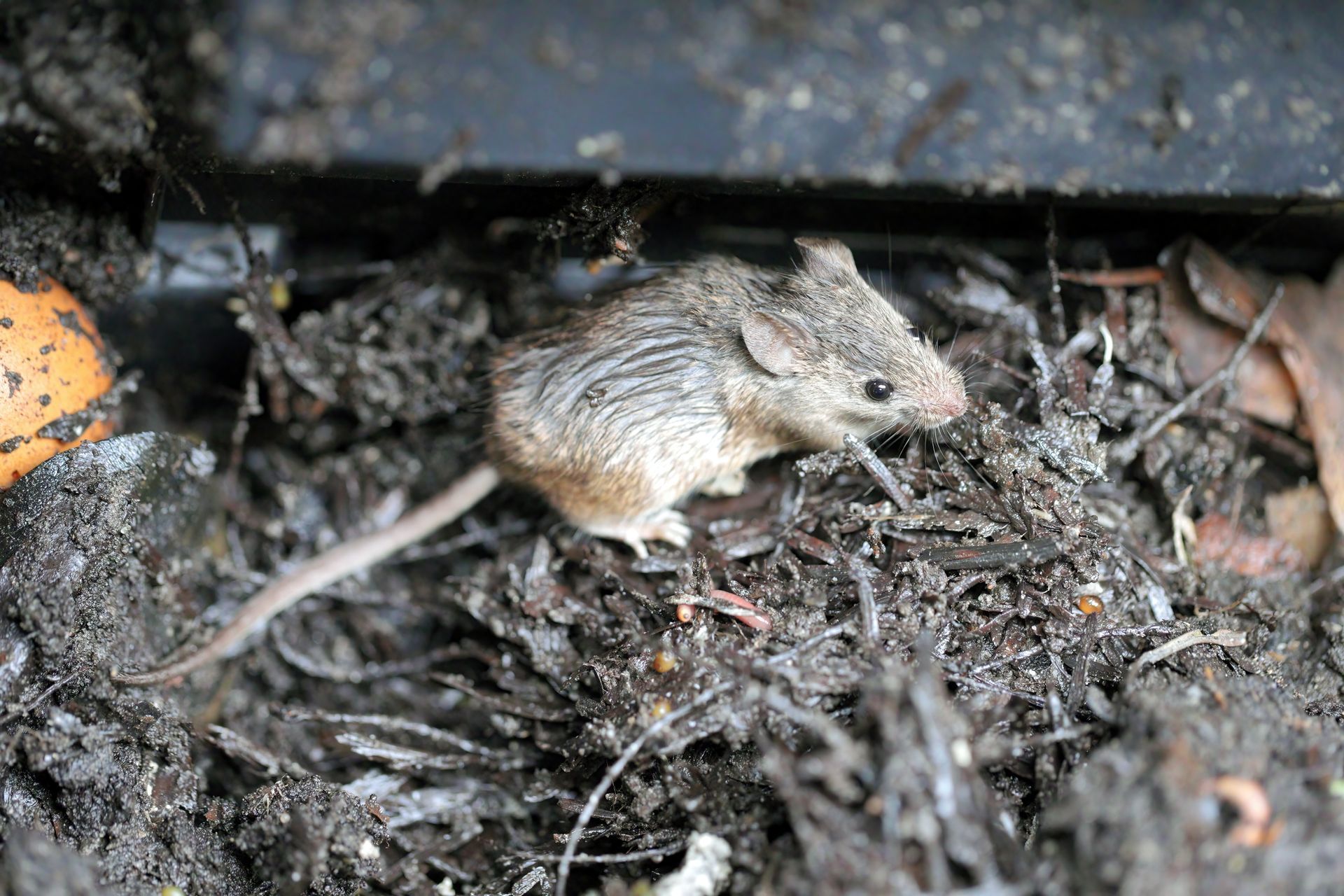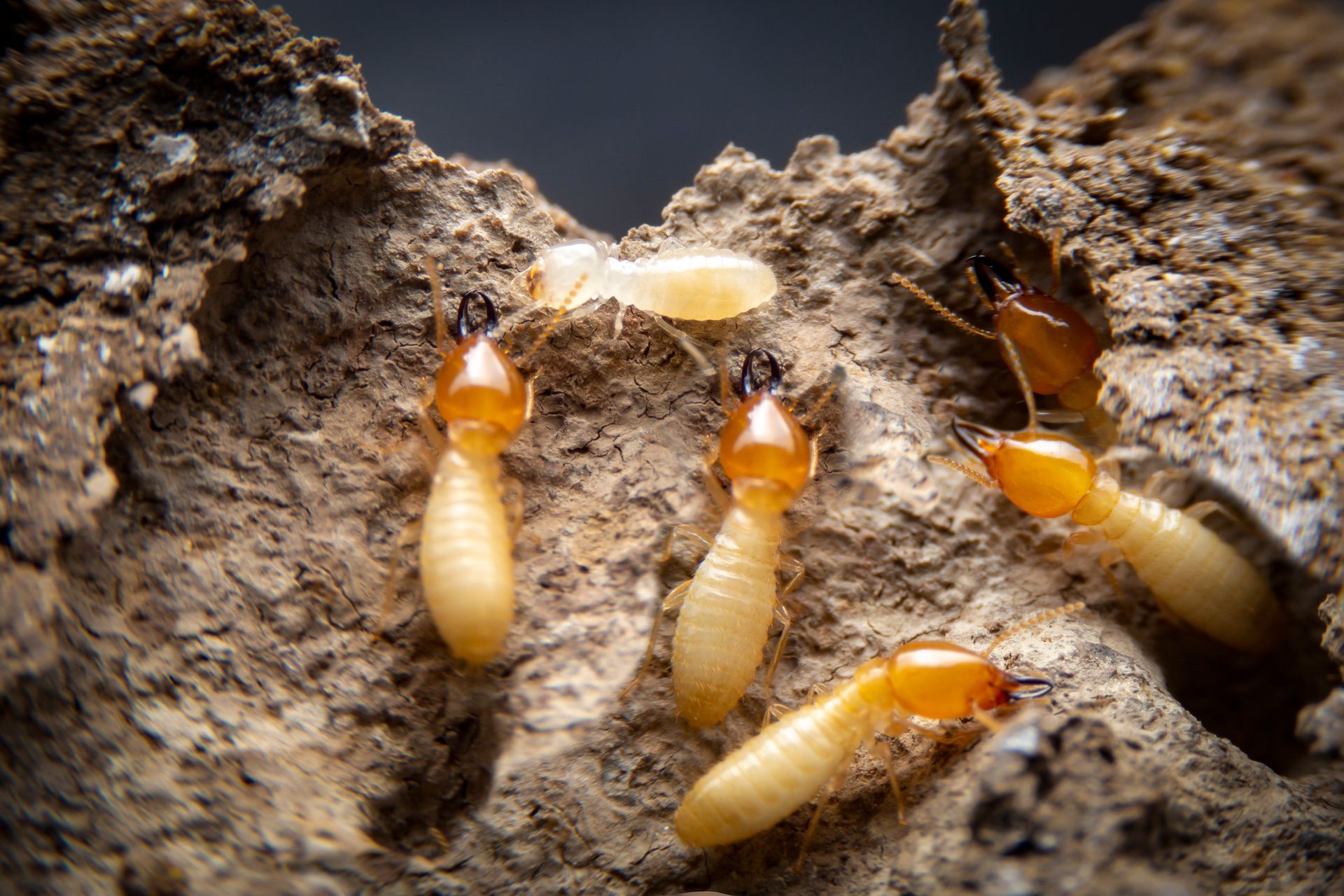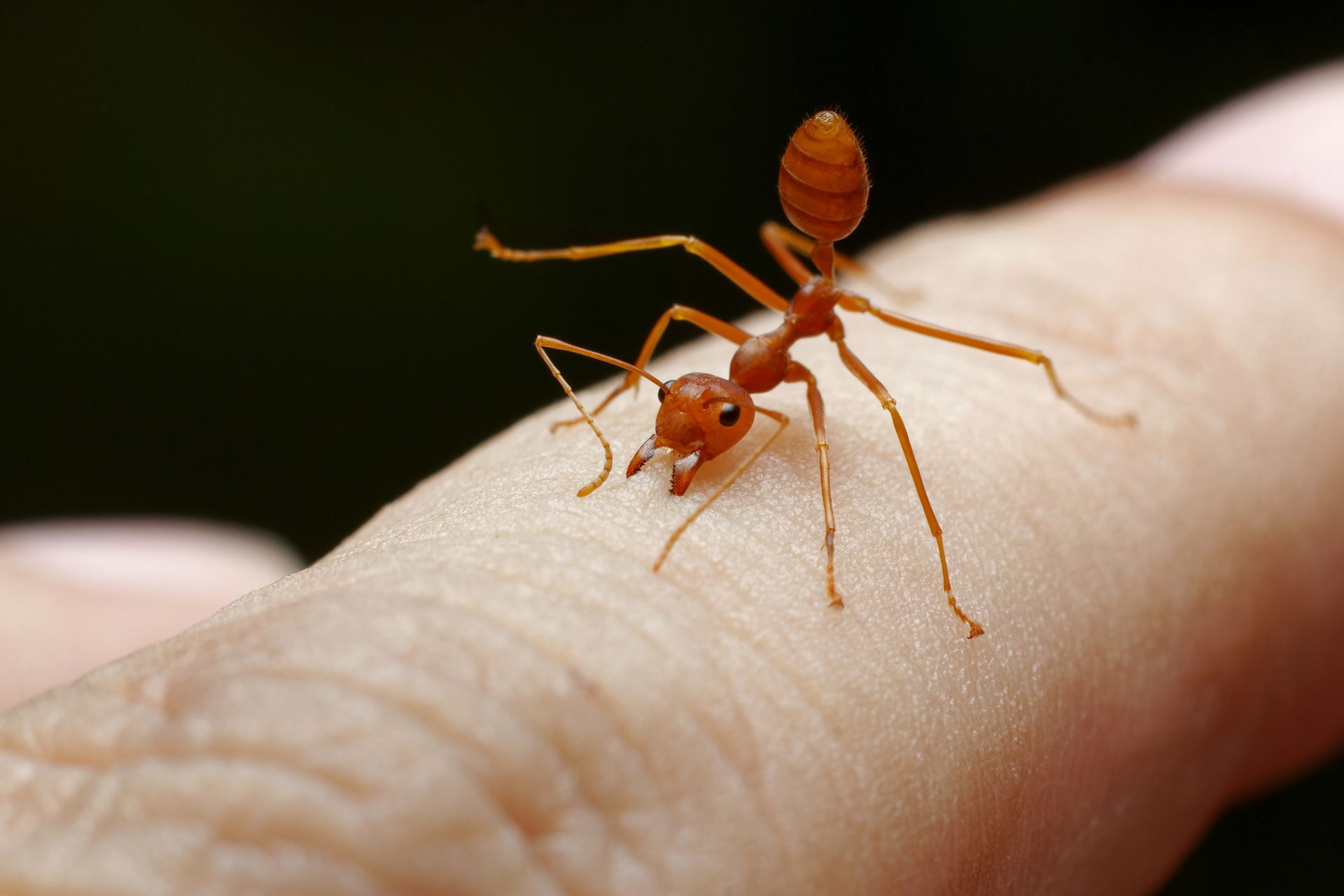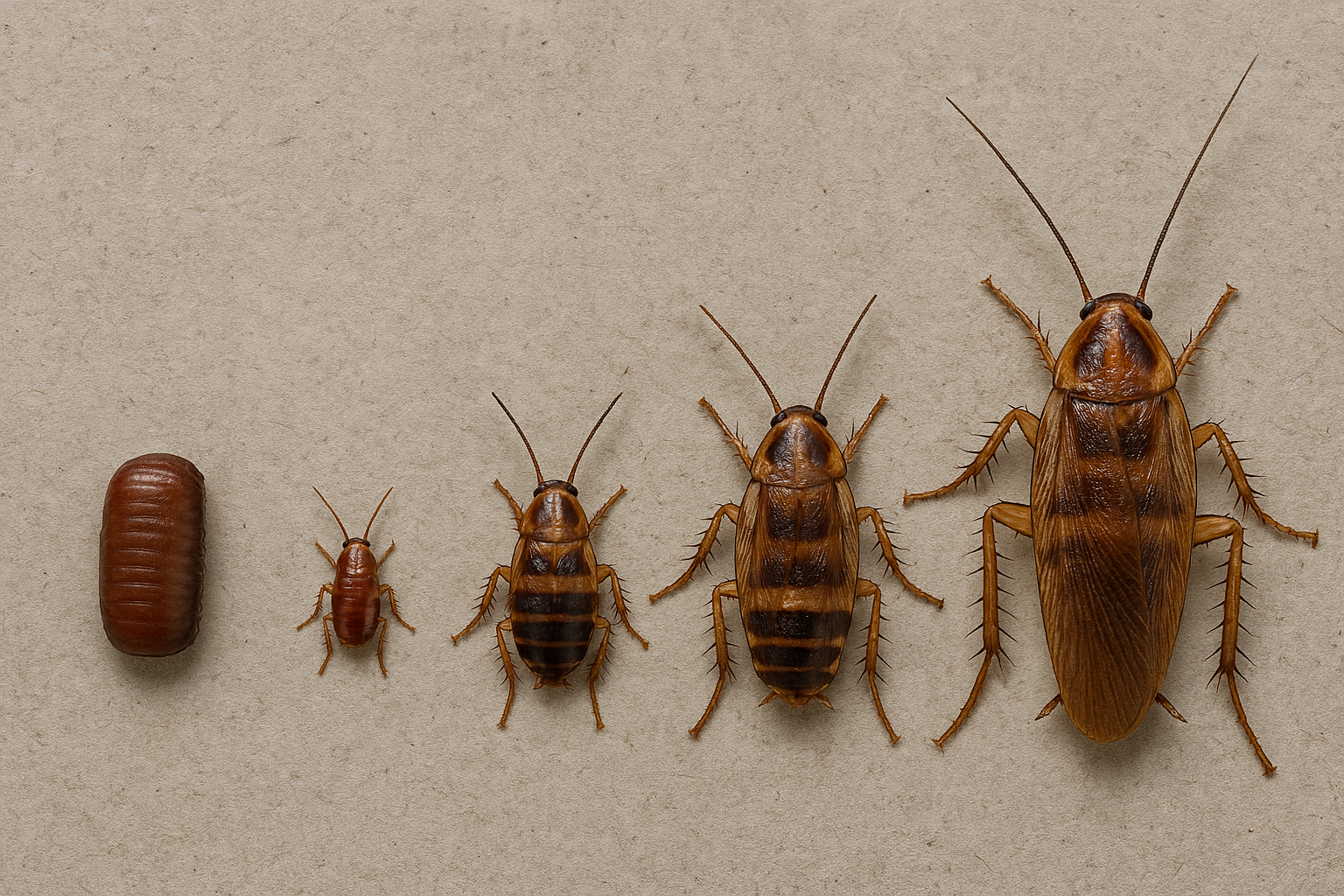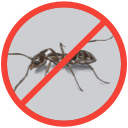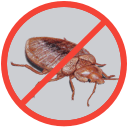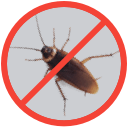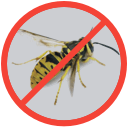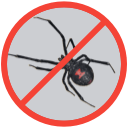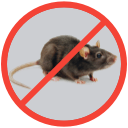Mosquito Allergy Signs, Prevention, and Treatment
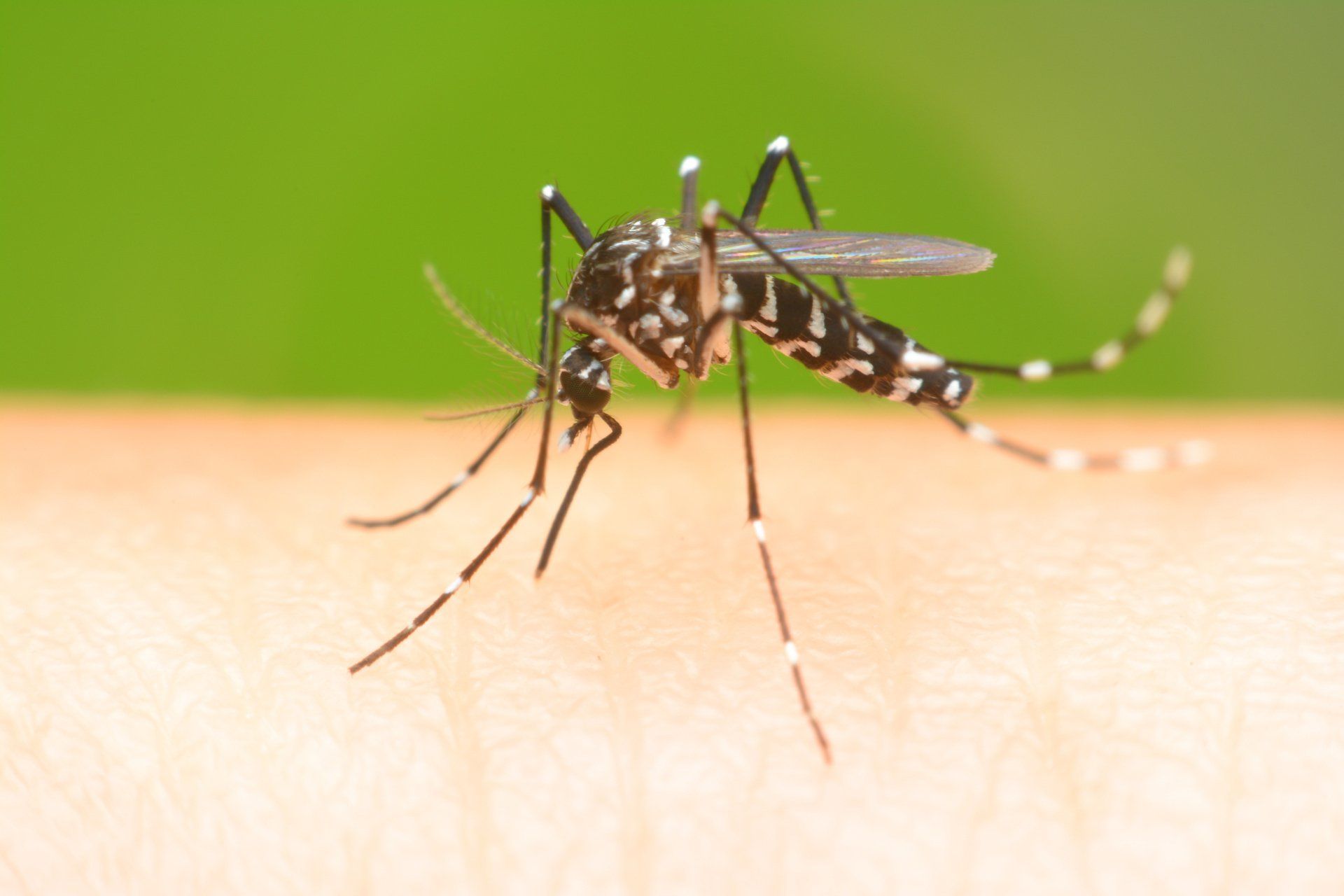
Am I Allergic to Mosquito Bites? Understanding Skeeter Syndrome
Most people are at least a little sensitive to mosquito bites. However, those that suffer with severe allergies to mosquito bites generally see much more exaggerated symptoms. Common symptoms such as a red bump and minor itchiness aren’t a result of the bite but are a reaction to the mosquito’s saliva. When this reaction results in exaggerated and long-lasting symptoms, this is usually a sign of skeeter syndrome. Skeeter syndrome is a rare allergic reaction to mosquito bites that result in severe inflammation and swelling, intense itching and redness, fever, and possibly painful blisters. This typically occurs when a person’s immune system overreacts to the proteins found in the mosquito saliva.
Can You Be Allergic to Mosquito Bites?
Mosquitoes need to feed on regular blood meals to ensure they are able to produce eggs. When a female mosquito bites, she finds any area of skin that is exposed and uses her proboscis to draw the prey’s blood. The proboscis is a flexible tube that can pierce human skin and draw blood in a way similar to a syringe. When mosquito bites occur, most people react to some degree but not everyone has a reaction bad enough to be considered a severe allergic reaction. When your body reacts with a large patch of swelling that is red and sore, this is a sign of a severe allergic reaction to a mosquito bite. This is far different than the normal histamine response that most people have that results in a small itchy red welt.
How to Recognize a Mosquito Bite
Common symptoms of mosquito bites include soft bumps on the skin that become pink and itchy. Discoloration and swelling generally happen minutes after the mosquito penetrates the skin but it can sometimes take up to 48 hours for a reaction to occur.
A mosquito bite will heal, and the itchy sensation will subside. The color of your skin will also turn back to its normal color. This process takes about 2 to 3 days and will return to normal after a week if you do not scratch the wound.
Difference Between Normal Mosquito Bites and Skeeter Syndrome
Severe allergic responses to mosquito bites can take as long as 8+ hours to develop. If a mosquito bite develops into a large patch of hard swollen and red skin surrounding where you were bitten, it may be a sign of skeeter syndrome.
Normal Mosquito Bites: These bites swell into small itchy bumps about ¾ of an inch in diameter after about 20 minutes.
Skeeter Syndrome: With skeeter syndrome the mark is bigger and last longer. Welts can grow up to 4 inches and last several days. Bumps are also often itchy, red, and warm to the touch.
Different Levels of Allergic Reaction to Mosquito Bites
The severity of a person’s response to a mosquito bite indicates how allergic they are to mosquito saliva. Minor itching and small bumps indicate a normal response while anaphylaxis would indicate the most severe outcome possible.
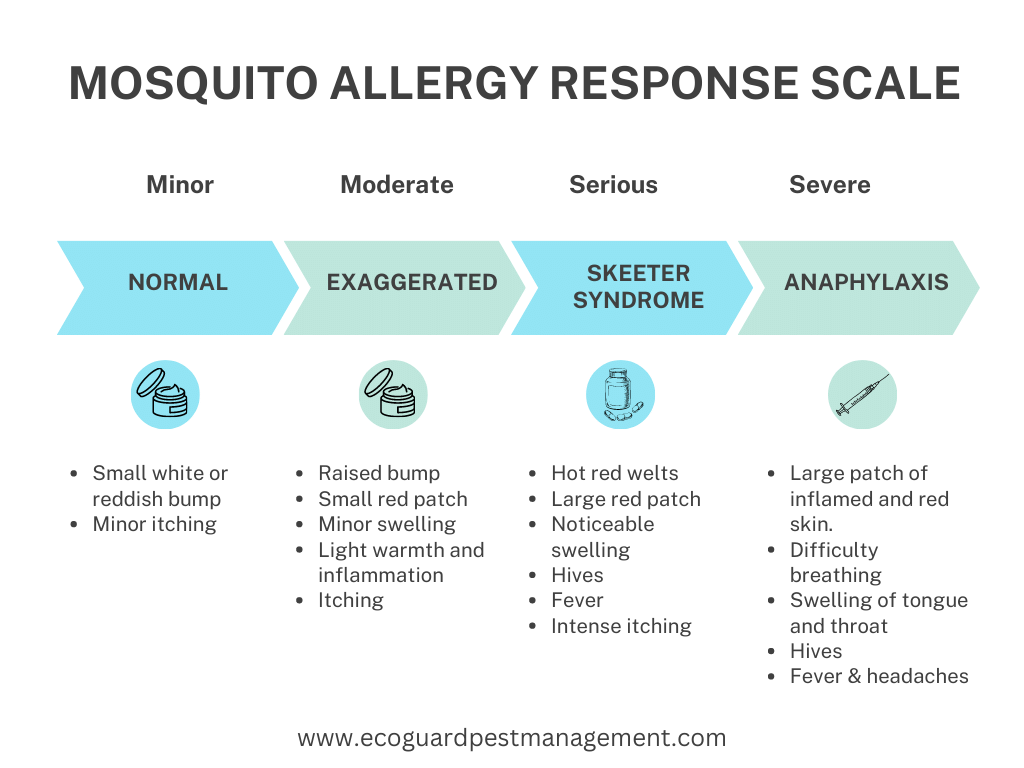
List of Services
-
Minor mosquito bite allergyList Item 1
Small white bump with a visible dot in the center; becomes red and firm after 1-2 days.
What it means: A minor mosquito bite is common and generally results in some minor discomfort. Itchy but mildly annoying.
-
Moderate mosquito bite allergyList Item 3
Slightly raised bump that show signs of redness.
What it means: People’s reaction to mosquito saliva in these instances result in slightly larger and redder welts. Itchy and almost unbearable.
-
Serious mosquito bite allergy (aka Skeeter Syndrome)List Item 4
Painful hot welts accompanied by hives & fever.
What It means: This means you have a reaction known as skeeter syndrome which is a more extreme allergic reaction. This reaction causes excessive swelling which results in painful hard welts. These welts will be hot to the touch and may blister and ooze. This type of reaction is more common in younger children, people with auto immune disorders, and people exposed to new mosquito species.
-
Severe mosquito bite allergy (Anaphylaxis)
Lip/tongue swelling, hives, trouble breathing, coughing, respiratory failure
What it means: It is rare to have anaphylaxis cause respiratory failure from a mosquito bite, but it does happen. Anaphylaxis can be fatal and most people who experience this type of reaction should seek medical attention immediately. In the event of a full-blown allergic reaction, epinephrine would be the immediate solution to prevent anaphylaxis.
Allergic Reactions and Emergency Symptoms
More Severe Reactions Can Occur In:
- Children
- Adults or Children being bitten by a mosquito they haven’t been exposed to prior
- Those suffering with immune system disorders
People experiencing more severe reactions may have the following signs:
- Hives around the bite
- ·Low grade fever
- Swollen lymph nodes
- A large area of swelling
- Respiratory problems
- Swelling of tongue & throat
- Lesions
- Large areas of itching
- Bruises near the bite
Seek medical attention if you experience the following:
- Anaphylaxis
- Nausea
- Severe headache
- Rash
- Fatigue
- Confusion
- Light sensitivity
- Neurological changes: such as muscle weakness one part of your body
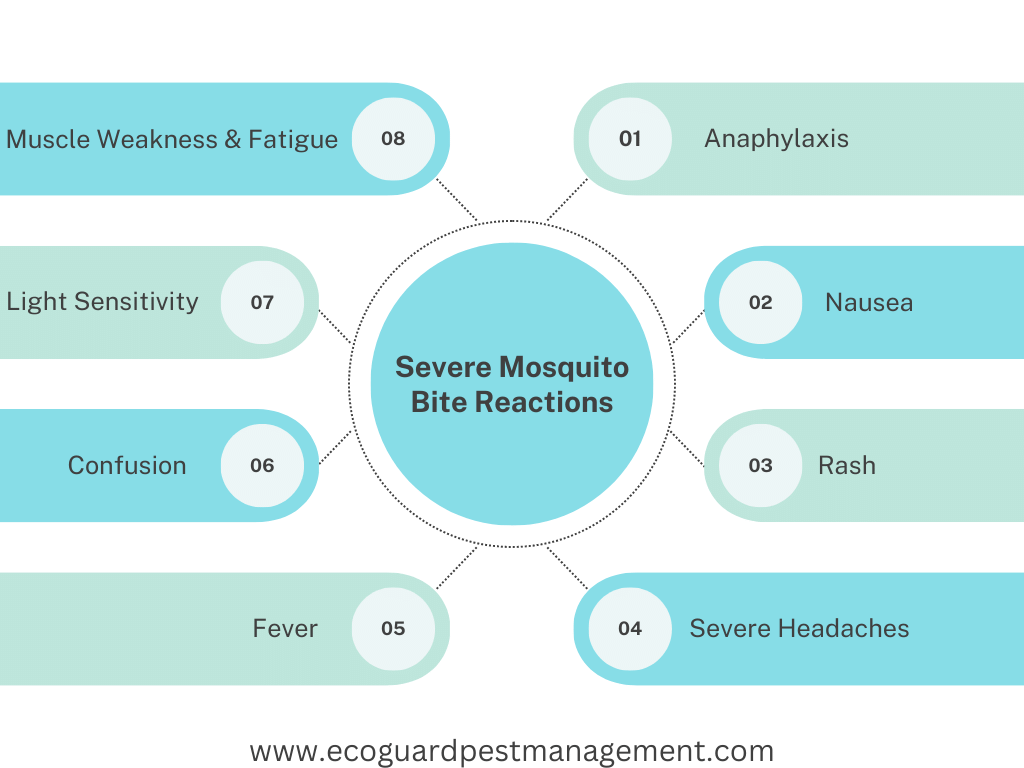
What Causes Skeeter Syndrome?
Skeeter syndrome is prompted by an allergic response that someone’s body has to certain proteins and histamines found inside mosquito saliva. When someone gets bitten, mosquitos leave trace amounts of their saliva inside the bite wound which gets targeted by their immune system. The more severe the allergy, the more severe the reaction with the most severe cases of mosquito bite allergies resulting in what is known as skeeter syndrome.
Complications of Mosquito Bites:
Mosquito bites can also lead to any of the following symptoms:
- Swelling
- Fluid filled blisters
- Welts
- Sepsis
- Impetigo / cellulitis
- Lymphangitis
Mosquitos also transmit serious diseases such as:
- Dengue fever
- Malaria
- Zika Virus
- West Nile Virus
- Meningitis
- Encephalitis
- ·Yellow Fever
All of these mosquitos borne diseases are very dangerous and can be life altering. Some of these symptoms can only last a few days and are not as severe, however, a disease like Zika Virus is known to cause birth defects in children if a woman is infected while pregnant. West Nile Virus can also be dangerous and potentially deadly.
How Do I know If it’s Skeeter Syndrome or Cellulitis?
Skeeter Syndrome is characterized by big red welts. With or without skeeter syndrome, it is always best to not scratch a mosquito bite until it bleeds. This can lead to infection.
Skeeter Syndrome is sometimes confused for a skin infection called cellulitis. Cellulitis can develop when bacteria on your body gets through the punctured skin when the bite has been scratched raw. This generally results in the wound oozing pus and in rare cases, fever, and chills. If infection does not go away with standard cleaning and home care, antibiotics may be needed to resolve the infection.
Outlook for Skeeter Syndrome
Although Skeeter Syndrome is rare, the allergic reaction can be enough to warrant emergency medical attention.
If you normally have an allergic response to mosquito bites, you should consider treatment from an allergy specialist. In some cases, the allergy specialist may have to conduct a skin prick test to help develop an immunotherapy strategy. This involves getting small injections of your allergen over time until you build immunity.
Overall, the outlook is positive. Skeeter syndrome can be managed appropriately with a combination of prevention strategies without any kind of negative impact on quality of life.
How Long Does Skeeter Syndrome Last?
Symptoms of skeeter syndrome can onset rapidly or take up to 8+ hours to appear. Normal mosquito bites typically fade after a few days, but skeeter syndrome symptoms can last up to a couple of weeks. This is caused by the intensity of the reaction and severity of the symptoms. The body has more trauma to heal from when compared to a normal mosquito bite, so recovery is typically a longer process as well.
Skeeter Syndrome in Toddlers and Children
Skeeter syndrome is generally much more common in toddlers and young children. This is because young children have had less exposure to mosquito saliva throughout their lives which increase the likelihood that their immune response will be more intense. When this occurs, children will develop skeeter syndrome symptoms that start to appear shortly after the initial bite. This can worsen over the first couple days as young children’s bodies prompt a reaction to the new foreign invader found in their systems. This typically results in intense itching combined with swelling and redness that can sometimes cover and entire arm or leg. In worst case scenarios, bites can even result in bruising, blistering, pain, and fever. This level of reaction should be treated with antihistamines and topical creams to reduce symptoms. It is important to note that if symptoms do not improve after taking antihistamines, medical attention is recommended to ensure that the bite has not become infected.
Skeeter Syndrome in Adults
The more times a person is bitten, the more their bodies become adjusted to dealing with mosquito saliva. This is why it is more common for adults to have less serious reactions to mosquito bites than children. As people grow older, their bodies become accustomed to mosquito bites, making them less likely to have a severe response. That being said, this may change if an adult is in a different part of the world where they are exposed to a different species of mosquito than what their bodies are used to. If someone is bitten by a mosquito species that has different proteins in their saliva, they may prompt a response similar to that of a child due to the body’s inability to recognize the saliva. Regardless, it is important for adults to take allergy medication to help reduce any mosquito allergy symptoms and seek medical attention if needed.
Can You Outgrow Skeeter Syndrome?
It is much more common for young children to develop skeeter syndrome due to them lacking exposure to the peptides found inside mosquito saliva. This means that their initial responses will prompt serious symptoms as their immune systems figure out how to react to this new foreign substance. As children become more exposed to regular mosquito bites, their bodies will learn to reduce the severity of the reaction. By the time most children mature into late teens and early adulthood, their response should be much milder. Even still, there will be a small percentage of people who remain severely allergic to mosquito bites that will have to deal with skeeter syndrome for their entire lives.
How to Diagnose Skeeter Syndrome
Any indicators of skeeter syndrome will require medical attention to get a proper diagnosis. A primary care physician will need to conduct a physical exam to examine the bite wound for irregular or exaggerated symptoms that might indicate a severe allergic reaction. There is no blood test that tests for skeeter syndrome but an allergy test may provide some insight into how severe a mosquito bite allergy is. This can be requested by a doctor and done by an allergist.
Mosquito Bite Treatments
Even if you’re using all preventative measures, you can still manage to get bitten by mosquitos. It is best to use a hydrocortisone cream and apply it directly to the bitten area. You can also use calamine lotion which will be useful for helping soothe the itching sensation. A cold ice pack could also help some symptoms and will cool down the affected area. This is effective against bites from mosquitos, bed bugs, and fleas
For those with more severe reactions these mosquito bite treatments can be used:
- Oral antihistamines
- Topical antiitch cream
- An epinephrine pen (EpiPen)*
- A cool bath without soap
* Epinephrine is a prescribed medication that requires a doctor's approval and recommendation. Please consult with a doctor if your mosquito allergy is severe enough to warrant this type of treatment.
It is best to shop for the following products if skeeter syndrome symptoms occur:
- Hydrocortisone cream or calamine lotion
- Benadryl
- Claritin
- Antiitch cream, antiitch lotion, or benzocaine
- Cold packs
Home Remedies for mosquito bite symptoms:
- Wash the bite area a few times a day and apply antibiotic ointment
- Take a warm oatmeal bath
- Use a wet cloth to the bite area for a few minutes
- Apply a baking soda solution
- Keep a band aid on the bite to prevent you from itching
If extreme symptoms occur, seek emergency medical attention immediately. Be concerned and alert someone if any of the following symptoms happen.
- A fever exceeding 101 degrees Fahrenheit
- Rash
- Eye redness & itchiness (conjunctivitis)
- Significant headache
- Respiratory difficulty
- Muscle pain
Seek Medical Professional Recommendation
If you think you are experiencing allergy symptoms always seek help from a medical professional. EcoGuard Pest Management does not provide medical information, advise or diagnosis.
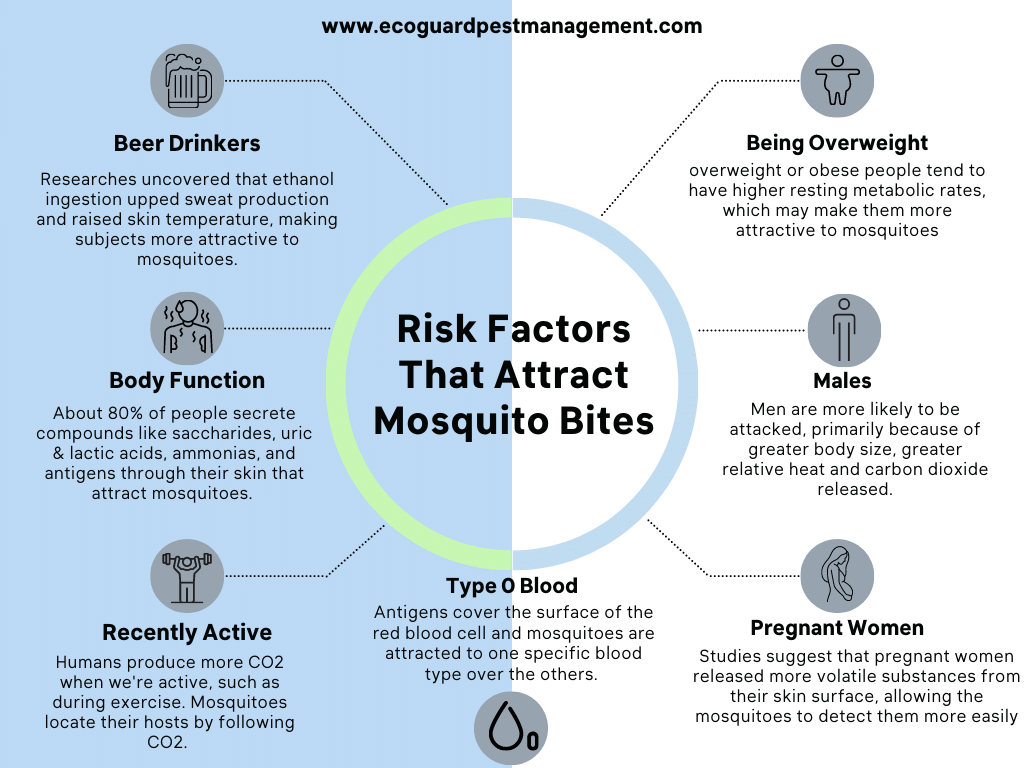
Wearing dark colors on a sunny day can also make you more likely to get bitten because mosquitos are attracted to heat. People living in wet and humid areas are also likely to be in prime mosquito territory. Areas with lots of standing water also allow for mosquito populations to flourish.
How To Prevent Mosquito Bites
It is always best to try and prevent mosquitos from biting you. By avoiding areas that have standing water and wearing bug spray you can mostly prevent any mosquito bites. Also, mosquitos are active when temperatures drop so they are most active when the sun goes down.
How to get rid of mosquitoes by eliminating standing water along your home:
- Unclog rain gutters
- Empty unused pools
- Remove bird baths, water collection containers, etc.
Some other prevention methods:
- Minimize skin exposure by wearing long sleeve shirts, pants, socks, and a wide brimmed hat
- Fix holes in window and door screens
- Use citronella scented candles
- Apply insect repellent with DEET
Contact EcoGuard Pest Management if You Are Dealing with Mosquitoes
If you are dealing with mosquitos and have a serious allergic reaction to mosquito bites, it may be time to enlist qualified professionals to help exterminate your mosquito problem. EcoGuard Pest Management has a team of licensed and experienced mosquito control experts who are ready to come inspect your property and provide effective treatment. We offer seasonal mosquito control designed to eliminate mosquitos when they are most active. Out treatment options include exteriors spraying, using growth regulators, and installing commercial mosquito zappers. Call today to schedule an inspection with one of our mosquito control experts.


